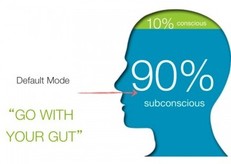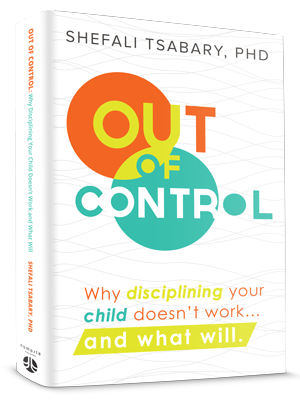
In previous blogs I have talked about how basically everything and everyone is an intermingling of vibrating energy at different frequencies. This energy cannot be created or destroyed but merely transformed into the reality that we see around us. Our thoughts are energy. When we focus and act upon them, this energy creatively and collectively gathers together to give birth to the material form. The time frame for this to happen depends upon our awareness of and our determination to use our powerful creative talents.
If we could put this creativity into a formula, it would look something like this:
Awareness + Desire + (Imagination*Belief) + Action = Unlimited Possibilities
Awareness:
Desire:
the goal of achieving it.
would you be able to do it now. We all have the same inner power
so believe in it and use it.
Imagination*Belief:
Action:
take that workshop etc.
Napoleon Hill said: "Any thing the mind can conceive and believe it will achieve."
In the spirit of gratitude, fun and adventure tap into that creative power.
If we could put this creativity into a formula, it would look something like this:
Awareness + Desire + (Imagination*Belief) + Action = Unlimited Possibilities
Awareness:
- Be aware of your thoughts and how you react to them
- Be conscious of your choices
- Question those negative beliefs that hold you back
- Know your desires but be grateful for what you do have
- Expect discomfort or fear as you pursue something new
- Be aware of your creative power and past successes
Desire:
- Decide what you want to experience in this life
- What are you passionate about? The more passion you have
the goal of achieving it.
- Focus on someone who has achieved what you desire. Don't
would you be able to do it now. We all have the same inner power
so believe in it and use it.
Imagination*Belief:
- The subconscious does not differentiate between a real image or an imaginary one so imagine that new job that you want in detail. Daydream. What does the environment look like? What are your co-workers like? What type of work are you doing? What are your hours?
- Use all your senses when you are visualizing your desires. What does your desire see, hear, smell and feel like.
- Refer to your desire as if you have already obtained it. Visualize how this accomplishment would change your future.
Action:
- Take small steps each day towards creating your desire
- Ask questions, use resources such as the internet, network with
take that workshop etc.
- Create new habits that move you towards your goal. It will be uncomfortable and an effort at first but ultimately empowering.
- Be open to synchronicities (mistakenly called coincidences) that are generated by the universe as a result of your focused desires and act on them.
Napoleon Hill said: "Any thing the mind can conceive and believe it will achieve."
In the spirit of gratitude, fun and adventure tap into that creative power.



 RSS Feed
RSS Feed